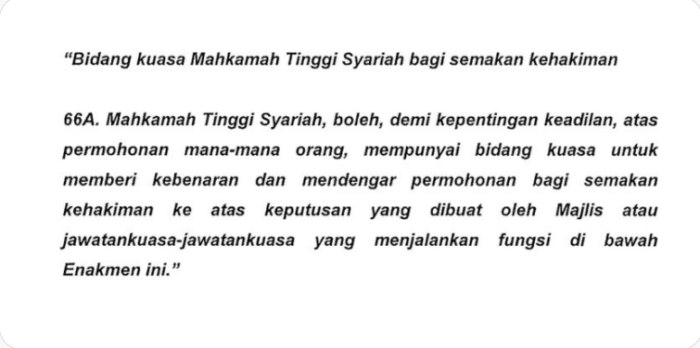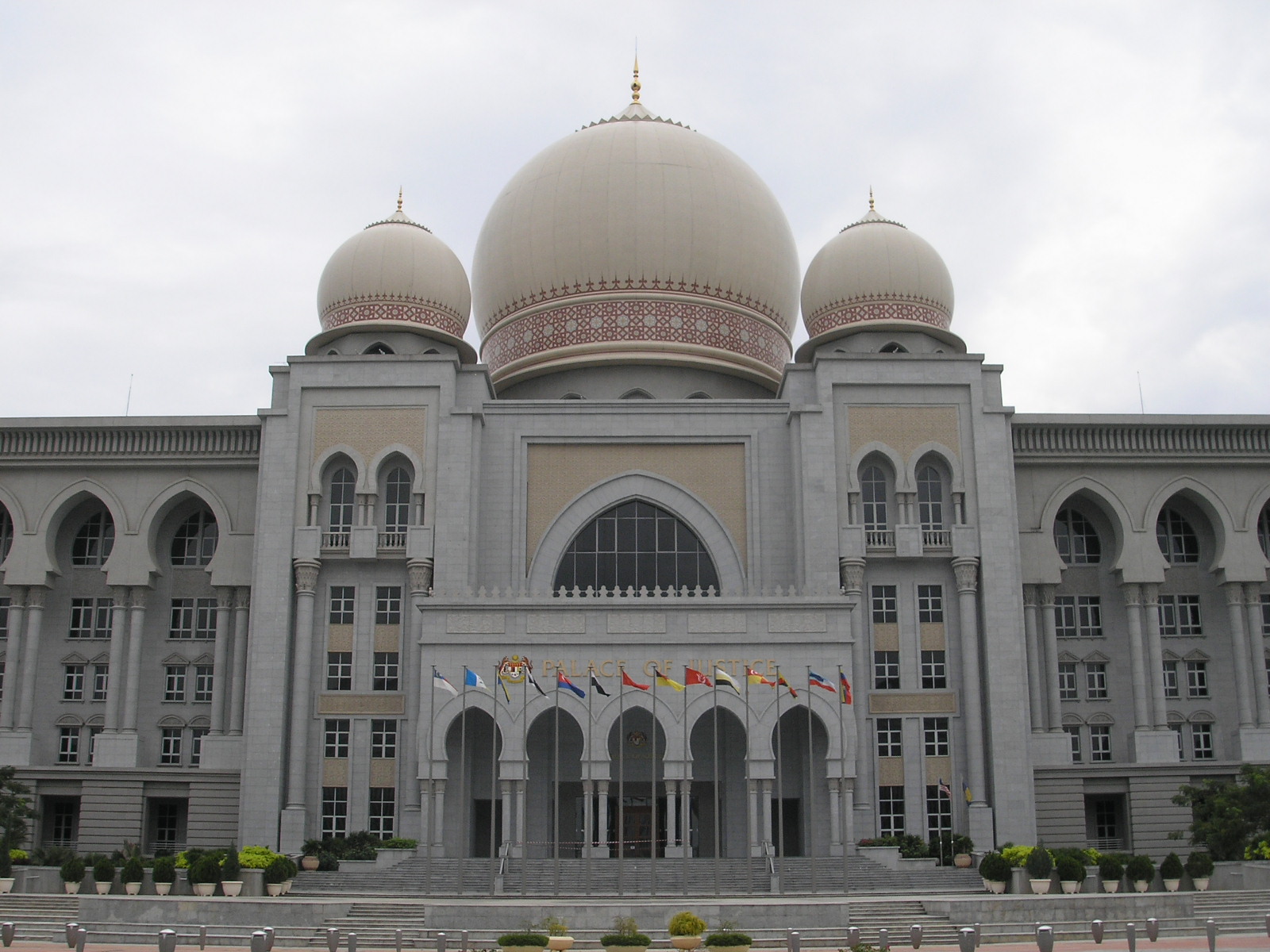IN a unanimous ruling, the Federal Court today declared that the Selangor state legislative assembly has no power to make enactments to provide Syariah courts the power to carry out judicial reviews on matters pertaining to Islamic authorities’ decisions.
With that, Chief Justice Tun Tengku Maimun Tuan Mat said the apex court finds Section 66A of the Administration of the Religion of Islam (State of Selangor) Enactment 2003 — the state law which attempted to give Syariah courts the power to hear and decide on judicial reviews, to be going against the Federal Constitution.
“I find Section 66A is unconstitutional and void as it is a provision which the Selangor state legislative assembly has no power to make.
“The Federal Court had, in previous cases, decided that the authority in providing judicial review is uniquely held by and exercised only by the civil courts,” she said, in a 9-0 ruling delivered via Zoom.
With that, the apex court allowed the petition filed by Sisters of Islam (SIS) and granted a declaration, pursuant to the Courts of Judicature Act.
It is to note that SIS filed the application in the Federal Court on January 2020 after the High Court dismissed its judicial review application against the Selangor religious authority’s fatwa labelling the group as “deviant”.
The bench, however, did not order costs as it was a matter was of public interest.
The other members on the bench were Court of Appeal president Datuk Rohana Yusuf, Chief Judge of Malaya Datuk Azahar Mohamed, Chief Judge of Sabah and Sarawak Datuk Abang Iskandar Abang Hashim and Federal Court judges Datuk Mohd Zawawi Salleh, Vernon Ong, Datuk Zaleha Yusof, Harmindar Singh Dhaliwal and Rhodzariah Bujang.
Syariah courts confined to personal law, customs
In delivering her judgment, Tengku Maimun said that under the Federal List of the Federal Constitution, the power of judicial review is vested in the civil courts as guardian of the Federal Constitution, to keep check on the power of public officials.

“Judicial review is a core tenet of the rule of law linked to the notion of constitutional supremacy in a democratic form of Government. This is because a core feature of the rule of law is the doctrine of separation of powers, a corollary to which is the concept of check and balance.
“In line with decided cases, the judicial power of the Federation which includes judicial review (constitutional and statutory) is vested by constitutional design solely in the two High Courts.
“Specifically, this Court has definitely decided this point in Indira Gandhi (Supra) case. Section 25 and para 1 to the Schedule of the Courts of Judicature Act 1964 (‘the CJA’) and O 53 of the Rules of Court 2012 confer jurisdiction on the High Courts to exercise supervisory powers.
“The Syariah Courts are not conferred with the power to review administrative decisions of the authorities.” she stressed.
Tengku Maimum noted that of any fatwa (edict) or the conduct of the Fatwa Committee was being challenged on the basis of constitutional or statutory compliance, then the matter falls under the purview of civil courts.
She added that if the question pertains to the matters of the faith or the validity of the contents of the fatwa tested against Islamic laws, then the appropriate place to review the matter falls under Syariah courts.
“The above is about the balance between the powers of civil courts and Syariah courts– with the latter having powers over matters only to personal law and adat (customs) in substance,” Tengku Maimun mentioned – Feb 21, 2022










